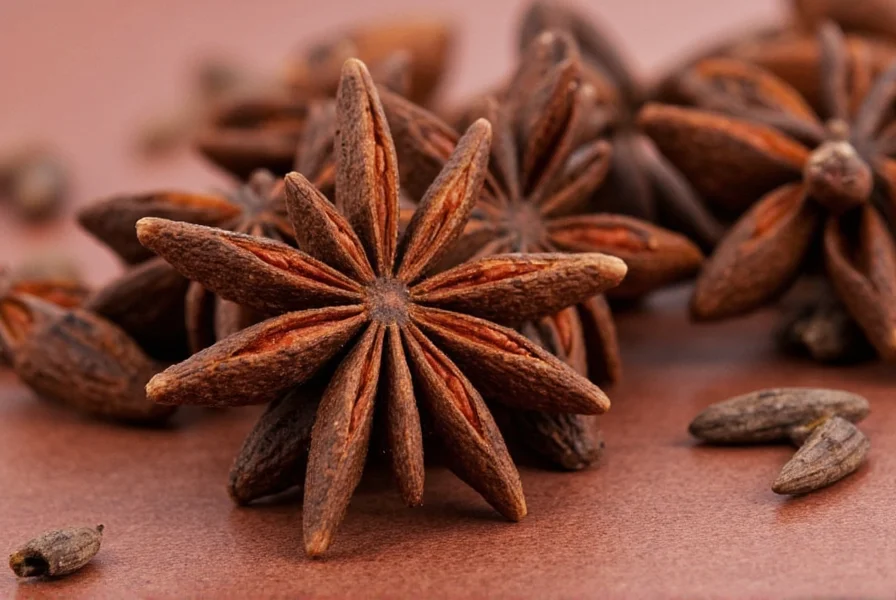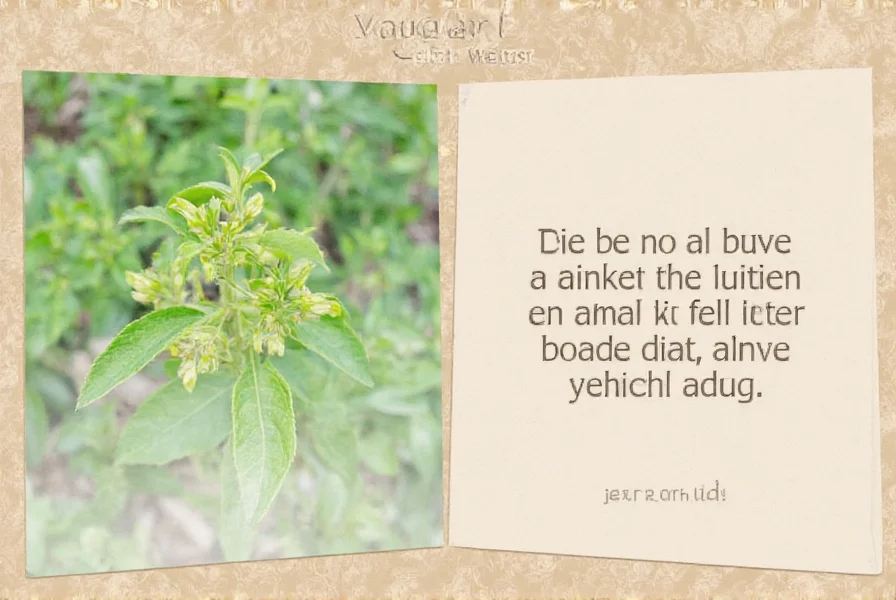Learning how to pronounce star anise correctly matters whether you're discussing culinary techniques, ordering ingredients, or exploring traditional medicine. Many people mistakenly say \"star annis\" or \"star ann-eez,\" but the proper enunciation follows specific phonetic rules that reflect its botanical identity.
Breaking Down Star Anise Pronunciation
Let's examine the correct pronunciation more closely:
| Syllable | Phonetic Spelling | Sound Reference |
|---|---|---|
| Star | stɑːr | Rhymes with \"car\" or \"far\" |
| A- | ˈæn | Like the \"a\" in \"and\" |
| -nise | iːs | Similar to \"ease\" or \"ice\" |
The stress falls on the second syllable (a-NISE), making it distinct from regular anise (AN-iss), which has stress on the first syllable. This difference in pronunciation helps distinguish between the two related but botanically different spices.
Why Star Anise Pronunciation Confuses People
Several factors contribute to common mispronunciations of star anise:
- Spelling confusion: The word \"anise\" can be spelled as \"anise\" or \"aniseed,\" leading to uncertainty about the correct ending sound
- Botanical relationship: Regular anise (Pimpinella anisum) is pronounced \"AN-iss,\" causing many to apply the same pattern to star anise
- Foreign origin: Star anise comes from Chinese star anise (Illicium verum), but English pronunciation has adapted it differently than the original Chinese
- Visual similarity: The star-shaped pod resembles no known English word, making pronunciation less intuitive
When searching for how to pronounce star anise correctly, many language learners encounter conflicting information online. The authoritative Merriam-Webster dictionary confirms the \"stahr ah-NIHS\" pronunciation, while some regional accents may slightly alter the vowel sounds.

Star Anise vs. Anise: Understanding the Pronunciation Difference
One of the most valuable aspects of learning star anise pronunciation involves distinguishing it from regular anise:
- Star anise: stahr ah-NIHS (two words, stress on second syllable of second word)
- Anise: AN-iss (one word, stress on first syllable)
This distinction matters because while both spices share similar flavor compounds (anethole), they come from completely different plant families. Star anise grows on an evergreen tree native to China and Vietnam, while regular anise is an annual herb related to parsley and carrots.
Practical Tips for Remembering Star Anise Pronunciation
Here are effective techniques to master star anise pronunciation:
- Break it into familiar words: Think \"star\" + \"a\" + \"nice\" (but say \"nise\" instead of \"nice\")
- Create a mnemonic: \"The star is rather nice\" emphasizes the correct stress pattern
- Record yourself: Compare your pronunciation with dictionary audio references
- Practice in context: Say phrases like \"I need star anise for this recipe\" repeatedly
When discussing culinary applications, proper pronunciation builds credibility whether you're a home cook, professional chef, or food writer. The correct star anise pronunciation demonstrates attention to detail that enhances communication about this versatile spice.

Star Anise in Culinary and Cultural Context
Understanding star anise pronunciation becomes more meaningful when you appreciate its significance:
- Essential component of Chinese five-spice powder
- Key ingredient in Vietnamese pho broth
- Used in Indian garam masala blends
- Traditional remedy in Chinese medicine
- Source of shikimic acid, used in influenza medication production
When ordering star anise at specialty markets or discussing it with fellow cooking enthusiasts, using the correct pronunciation \"stahr ah-NIHS\" ensures clear communication and shows respect for the spice's cultural heritage. This becomes particularly important when distinguishing it from similar-sounding ingredients in recipe discussions.
Common Mispronunciations to Avoid
As you practice the correct star anise pronunciation, be mindful of these frequent errors:
- \"Star ANN-iss\": Incorrectly applying the regular anise pronunciation pattern
- \"Star AN-eyes\": Overemphasizing the \"eye\" sound in the second syllable
- \"Starr AN-iss\": Misplacing the stress on the second syllable
- \"Star ah-NEES\": Using a long \"ee\" sound instead of the short \"i\" sound
These mispronunciations often occur because speakers apply inconsistent English pronunciation rules. The key to mastering star anise pronunciation lies in recognizing it as two distinct words with specific stress patterns, rather than treating it as a single compound word.
Final Thoughts on Mastering Star Anise Pronunciation
Properly pronouncing star anise as \"stahr ah-NIHS\" enhances your communication whether you're following recipes, shopping for ingredients, or discussing culinary techniques. This seemingly small detail demonstrates linguistic precision that builds credibility in food-related conversations.
Remember that language evolves, and regional accents may slightly alter the vowel sounds while maintaining the essential stress pattern. The most important aspect is placing emphasis on the second syllable of \"anise\" to distinguish it from regular anise. With practice, the correct star anise pronunciation will become natural in your culinary vocabulary.










 浙公网安备
33010002000092号
浙公网安备
33010002000092号 浙B2-20120091-4
浙B2-20120091-4